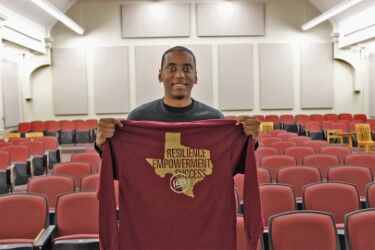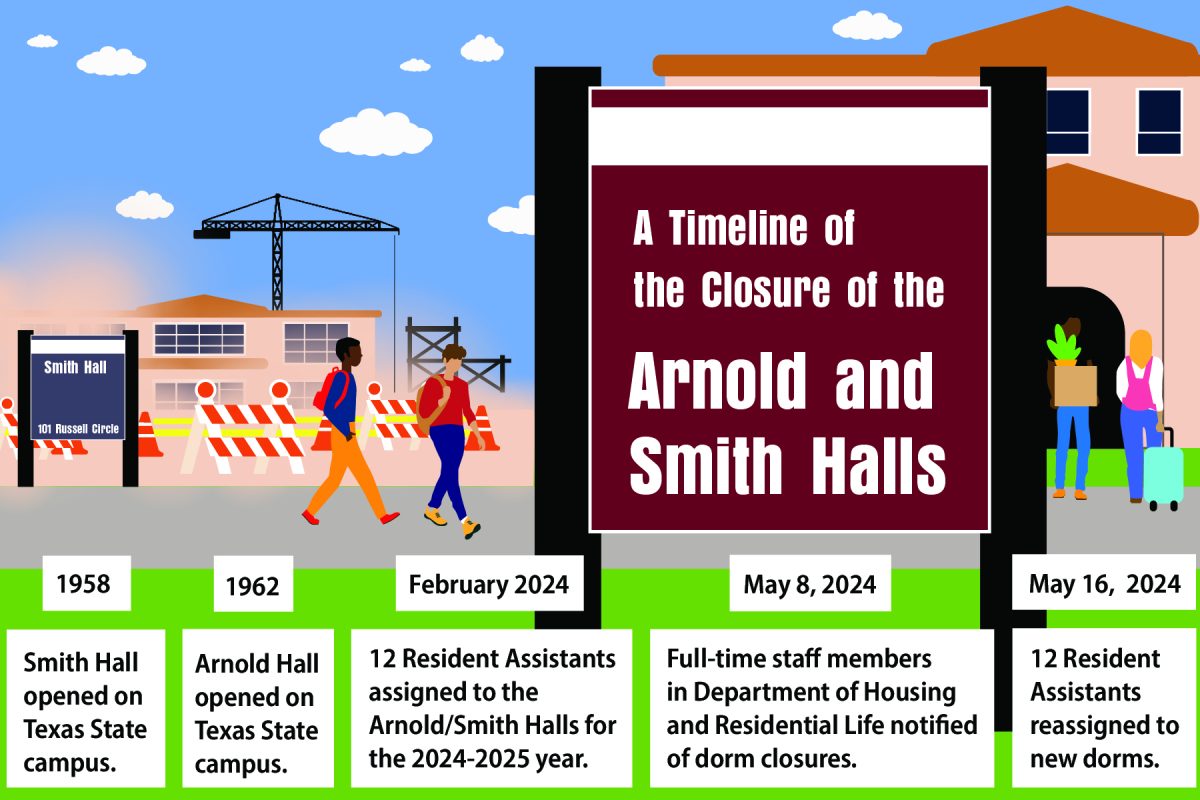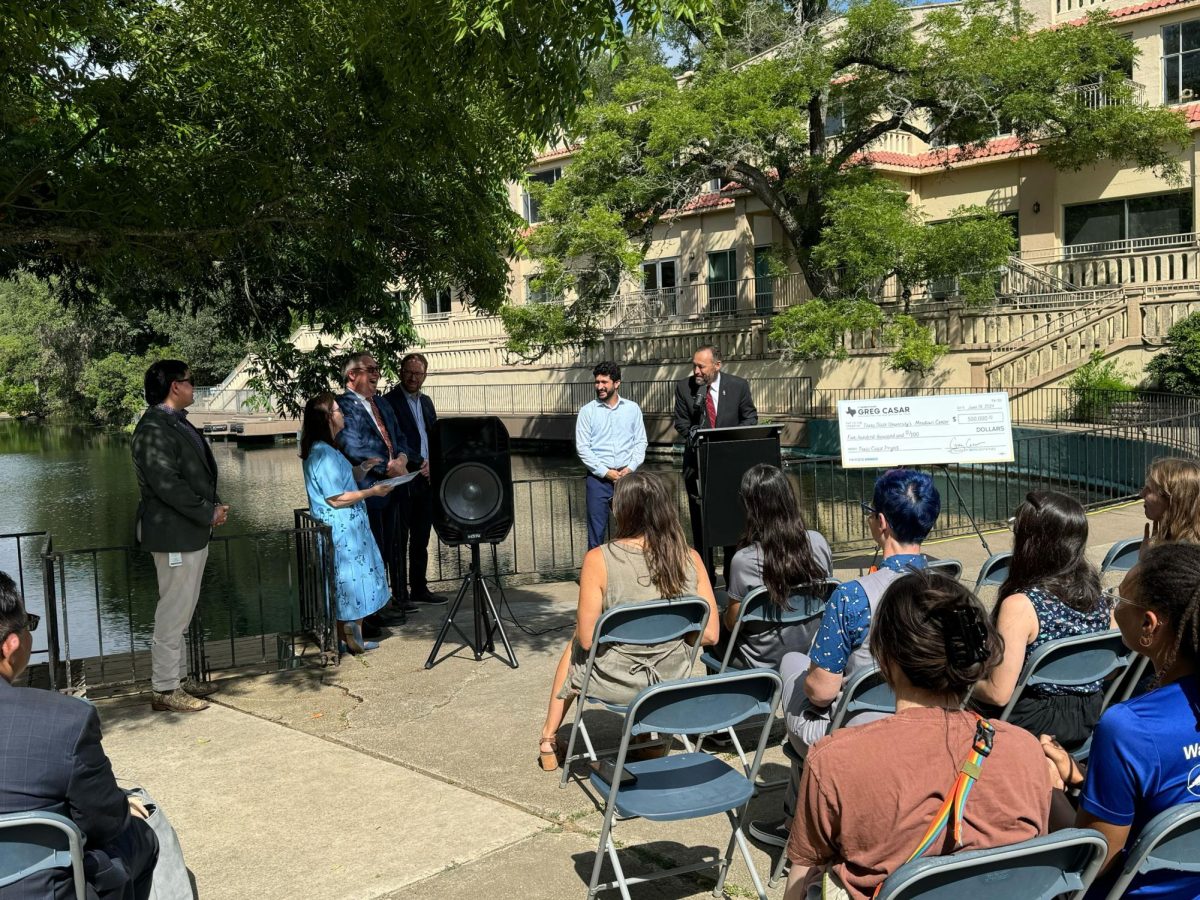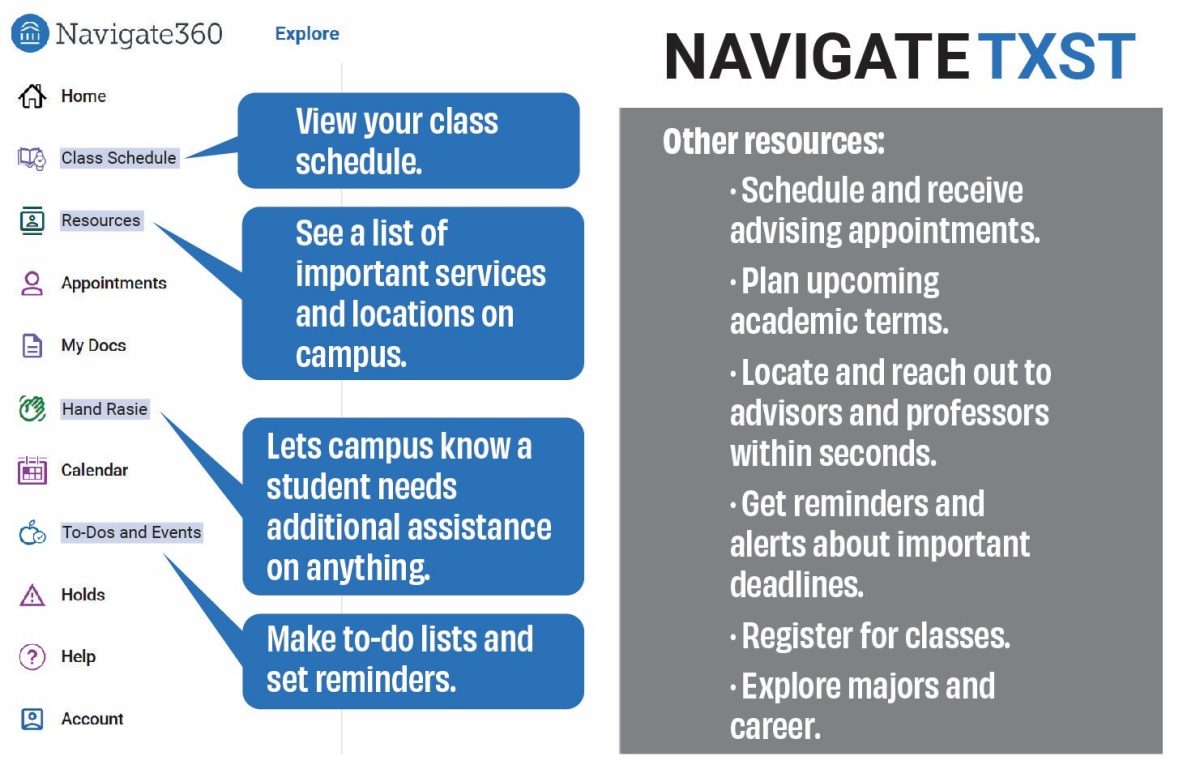Foster Care Alumni Creating Educational Success (FACES) and the school of social work brought Harvard doctoral candidate and author Rodney Walker on campus to lecture students and local foster care youth on Nov. 1.
Walker was brought to campus as part of this year’s Common Experience theme: “The Search for Justice: Our Response to Crime in the 21st Century.”
The suggestion to invite Walker came from Christine Norton, associate professor in the school of social work, who saw Walker speak at a conference in Washington D.C. Norton thought that Walker could best explain the foster care-to-prison pipeline and would serve as an example of success.
“We really need role models—people that were in foster care that have succeeded educationally—to motivate and inspire (current foster care) youth,” Norton said.
The school-to-prison pipeline is often used to explain the high rate of foster care children in jail after they age out of the program. Norton explained that youth in foster care typically do not have their educational needs met. Because of this, college or higher education is out of the question.
Walker provided a blueprint for fixing the foster care system with one motto: “fix what’s broken to create something new.”
“The issue with the foster care system is that we are in the business of providing services to broken children without providing the infrastructure for these broken children,” Walker said.
Walker’s lecture presented his story about living through foster care and running away to the streets before finding a mentor who would later inspire him to study at Yale.
“(My story) allows (students) to go back to their moments of triumph or adversity and…work through those issues…” Walker said.
Walker believes he teaches students by using his own story of as an example so that students are able to use their own stories as a vehicle for healing and self-recovery.
Walker’s lecture focused primarily on his life in-and-out of the foster care system and the streets. Walker stated that his turning point occurred when he was 14 years old.
“I was a victim of gun violence,” Walker said. “I went to the hospital and my father showed up. He looked like he was doing pretty well.”
Walker explained that a low GPA, attending summer school, behavioral problems at school, and suicidal thoughts all came from the realization that his parents weren’t fighting to get him back.
His story is that no one can go back and start a new beginning, but everyone can work toward a new end. Walker’s story started by meeting a mentor in a program who taught forgiveness and how to move forward again which helped create a new reality for himself.
Post-Harvard commencement, Walker hopes to go to community colleges and help students build healthy coping mechanisms, systems of resilience, and a blueprint that helps them create a new narrative for themselves and their families.
The program Walker is building focuses on an entrepreneurial mindset, which helps students face adversity so that they thrive despite it rather than survive in light of it.
Walker earned his bachelor’s degree in philosophy from Morehouse College, master’s degree in ethics from Yale and is pursuing his doctorate at Harvard in human development and psychology at the Graduate School of Education.
Foster care to Yale: the story of Rodney Walker
November 9, 2017

Rodney Walker gave a presentation on his experiences in the foster care system, Nov. 1.
Photo by Jakob Rodriguez | News Reporter
Donate to The University Star
Your donation will support the student journalists of Texas State University. Your contribution will allow us to purchase equipment and cover our annual website hosting costs.























